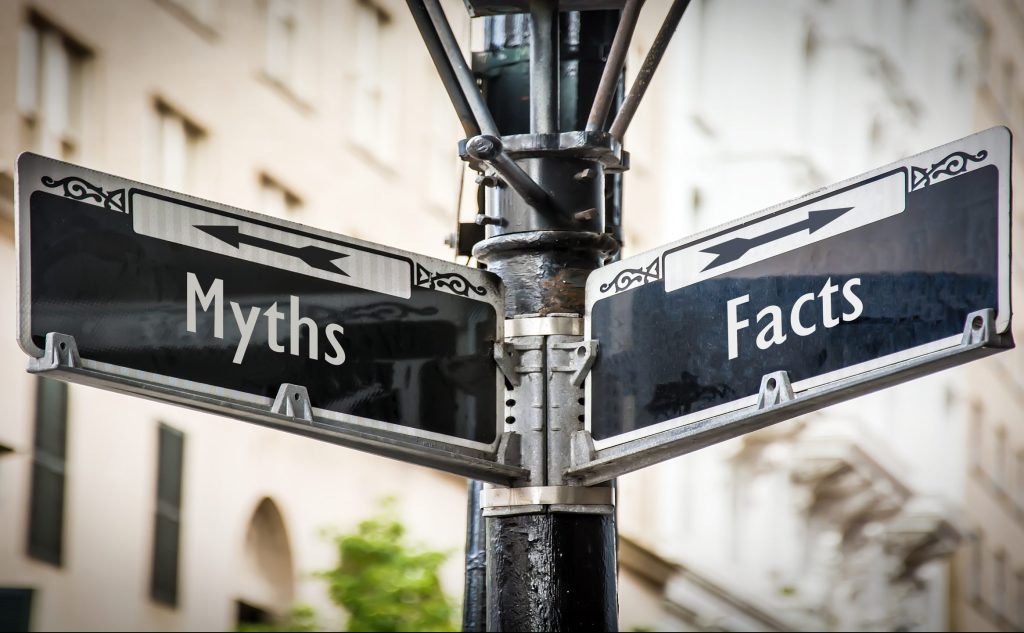Are Property Tax Myths Costing You Money? 5 Truths Every Homeowner Must Know

Here’s what you need to know about property tax myths and the truth behind them:
- Common property tax myths deter homeowners from protesting and potentially achieving a significant reduction in their tax bill.
- Myth: Protesting will flag my home for higher future appraisals.
- Myth: Cosmetic repairs affect my property taxes.
- Myth: Protesting is only for wealthy homeowners or commercial properties.
- Myth: The appraisal district’s value is always right.
- Myth: My property taxes only go up; they never go down.
- Myth: My home could sell for more, so I don’t need to bother with a protest.
- Gill, Denson & Company can assist you in debunking these myths and protesting your county-appraised value.
Property Tax Myths Debunked: Uncover the Truth About Your Home’s Taxes
Property taxes in Texas can be complex, and with complexity often comes confusion. Every year, countless homeowners stress over their appraisal notices, often exacerbated by common property tax myths. These misconceptions can lead to unnecessary worry, missed opportunities for savings, and even cause you to pay more than your fair share.
At Gill, Denson & Company, we believe in empowering Texas homeowners with accurate information. That’s why we’re here to do some serious debunking of common property tax myths. We’ll help you separate fact from fiction so you can make more informed decisions..
Myth: Protesting Will Flag My Home for Higher Future Appraisals
This is arguably the most common and damaging myth. Many homeowners avoid protesting their appraised value out of fear that it will somehow put a target on their property. As if lowering their value now will automatically lead to even higher appraisals in the future.
The Truth: This is absolutely false, and thankfully, Texas law is clear on this. Appraisal districts cannot increase your property’s value in retaliation for you filing a protest. Texas Property Tax Code states that appraisal values may not increase the following year without clear and convincing evidence (Sec 23.01,e.).
Myth: Cosmetic Repairs Affect My Property Taxes
Let’s say you just painted your living room, updated your landscaping, or replaced worn carpet. Will these improvements automatically cause your property taxes to increase?
The Truth: Cosmetic repairs and minor maintenance items typically do not have a significant impact. Appraisal districts are more concerned with structural changes, additions, and major renovations that increase the property’s overall market appeal. Adding a new room, a swimming pool, or a complete kitchen remodel would impact the tax appraisal.
Myth: Protesting is Only for Wealthy Homeowners or Commercial Properties
Some homeowners assume the protest process is too complex and time-consuming, or only beneficial for large commercial or high-value properties. The assumption is that the smaller the property is, the smaller the savings will be.
The Truth: This isn’t necessarily the truth! Overvaluations can happen to any property due to the mass appraisal methods used by most appraisal districts. Even a seemingly small reduction in your appraised value can lead to significant savings on your property tax bill, year after year. Don’t let the size of your home or perceived complexity deter you from seeking a fair appraisal.
Myth: The Appraisal District’s Value is Always Right
It’s easy to assume that because appraisal districts have large databases and are an official authority, their assessed value for your property must be accurate. Right?
The Truth: While appraisal districts have access to extensive data, it may be outdated, incomplete, or contain inaccuracies. They also use mass appraisal techniques and do not inspect every property in person every year. This is why the protest process exists – to allow homeowners the opportunity to correct oversights and ensure a more accurate, fair valuation.
Myth: My Property Taxes Only Go Up, They Never Go Down
Many homeowners feel pessimistic about their property taxes, assuming they will continue to increase year after year. Especially when the market is on the rise, it can be easy to fall into the trap of thinking your tax bill will rise, too.
The Truth: While property values can and do appreciate at times, and local tax rates can fluctuate, it is still possible for your property tax bill to go down. A successful property tax protest can lower your taxable value, and therefore, your bill. Property taxes can also decrease if you become eligible for an exemption, or in rare instances, if local tax rates are lowered.
Myth: My Property Could Sell for More, So I Don’t Need to Bother with a Protest
It sounds logical, right? If your tax appraisal is higher, then you must be able to secure a higher price on the market. If that’s the case, then there’s no need to worry about protesting at all. Be careful with this one!
The Truth: In reality, a higher tax appraisal will not boost the resale value of your property. It’s important to know that the tax-appraised value, or assessed value, is different from the market value. Here’s a great explanation for this. A tax protest can also be won for reasons other than market value, such as uniform/equal taxation, clerical errors, and more. Furthermore, savvy buyers pay attention to how much property taxes are when they buy a property. It’s better to have the lowest tax-appraised value possible before selling.
Don’t let property tax myths and fears hold you back from potential savings. Understanding the truth is the first step towards a fairer property tax bill. However, successfully navigating the protest process can still be challenging. That’s where Gill, Denson & Company comes in. Our expertise lies in debunking property tax myths by providing real results. We know the intricacies of Texas property tax law and the strategies needed to present a compelling case to the County Appraisal District.
Get started with Gill, Denson & Company today to ensure you’re only paying your fair share of property taxes.









